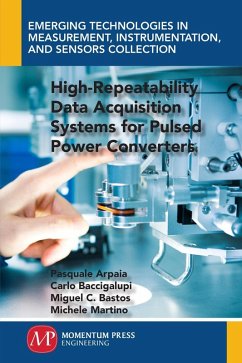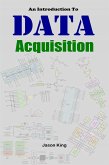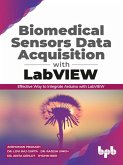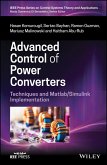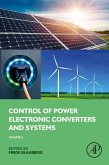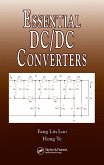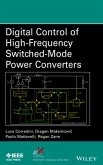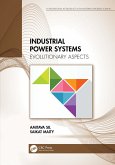This book addresses several issues related to the metrological characterization of high-performance pulsed power converters. Initially, a background and state-of-the-art on measurement systems for high-performance power converter are presented. In industrial applications of power converters metrology, specifications are often given in terms of worst-case uncertainty (WCU). Therefore, an analytical model for predicting the WCU of a measurement system is discussed and detailed for instruments affected by Gaussian noise. The authors discuss the study and design of a reference acquisition system for characterizing high-power pulses as well as the design of an on-line acquisition system for controlling the power converter. The book continues with numerical results obtained in simulation for the three main topics, which demonstrate the effectiveness of the proposals. Finally, the experimental results of a case study, carried out in the framework of the Compact Linear Collider (CLIC) at CERN, are reported. To meet CLIC requirements the two systems were designed to be ultra-low noise and are demonstrated to be repeatable in the order of few tens of parts per million (ppm).
Dieser Download kann aus rechtlichen Gründen nur mit Rechnungsadresse in A, D ausgeliefert werden.

